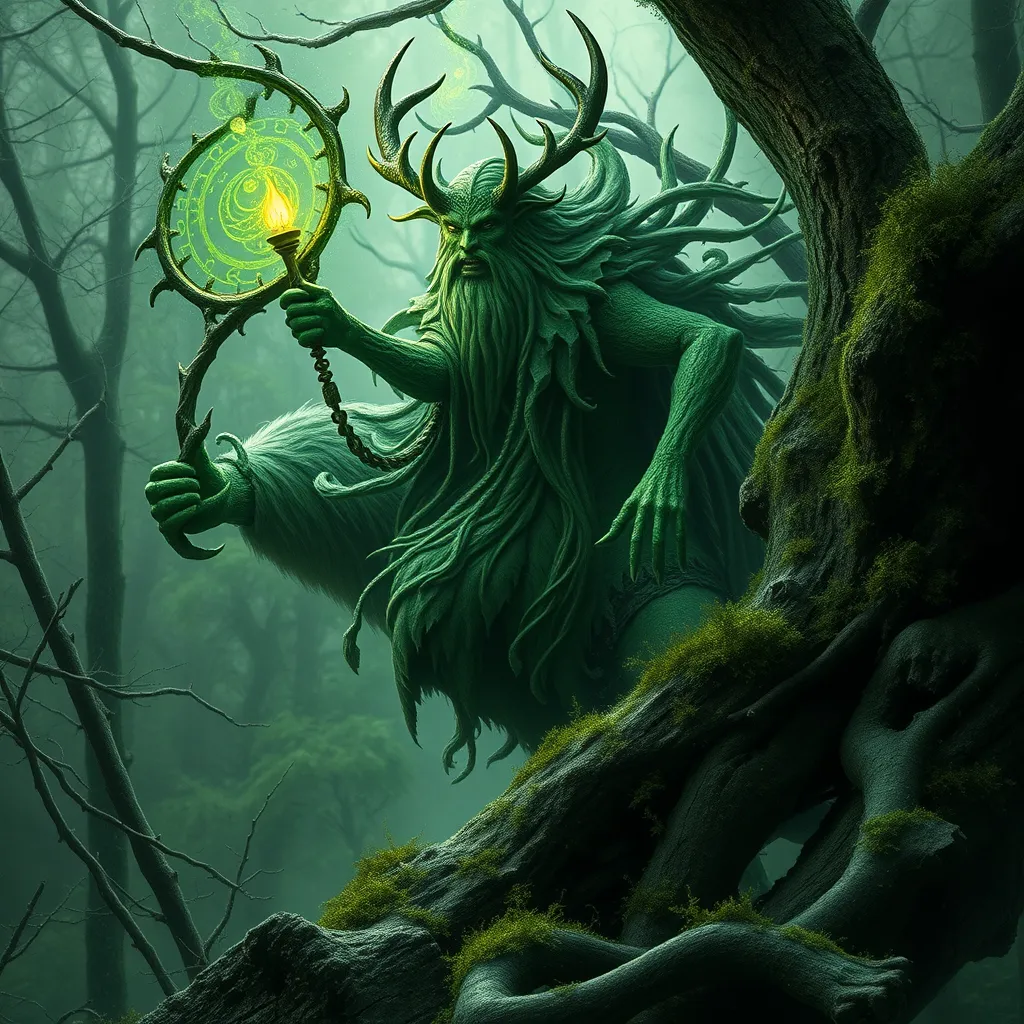The Triumph of the Horse: Dissecting the Mythological Narrative of Pegasus’ Birth and Emergence
I. Introduction
Pegasus, the magnificent winged horse of Greek mythology, has captivated the imagination of people for centuries. His image evokes a sense of beauty, freedom, and inspiration, making him an enduring figure in various cultural narratives. In ancient Greek culture, Pegasus was not just a mythical creature; he embodied the ideals of heroism and creativity, often associated with the muses and artistic endeavors.
The purpose of this article is to analyze the rich and complex narrative surrounding the birth and emergence of Pegasus. By dissecting the mythological origins, divine influences, and cultural significance of Pegasus, we can gain a deeper understanding of his role in Greek mythology and beyond.
II. The Origins of Pegasus
The story of Pegasus begins with the tragic figure of Medusa, one of the three Gorgon sisters. According to myth, Medusa was transformed into a monster by the goddess Athena as punishment for her transgressions. As a result, Medusa became a fearsome being whose gaze could turn anyone to stone. However, it was from her blood that Pegasus was born, emerging from her severed neck at the hands of the hero Perseus.
The historical context of the Gorgon myth highlights themes of transformation and duality. Medusa’s story is one of both beauty and horror, reflecting the complexities of human existence. Pegasus’ emergence from her blood symbolizes the coexistence of creation and destruction, beauty and terror.
Symbolism of Pegasus’ Emergence from Medusa’s Blood
- Creation from Chaos: Pegasus’ birth signifies how beauty can come from chaos and destruction.
- Transformation: The transition from Medusa’s monstrous form to the graceful Pegasus illustrates the theme of transformation in mythology.
- Duality: Pegasus embodies both the tragic and heroic aspects of myth, representing the duality of existence.
III. The Role of the Gods in Pegasus’ Birth
The involvement of the gods in Pegasus’ creation is significant. Athena, who punished Medusa, is also integral to the myth’s narrative, suggesting a complex relationship between divine intervention and mortal fate. Poseidon, the god of the sea, is also associated with Medusa and her offspring, further complicating the tale.
Divine intervention in Pegasus’ birth can be interpreted in various ways. It raises questions about the nature of the gods’ influence over human lives and the broader implications of their actions. Was Pegasus a gift to humanity, a symbol of divine favor, or was his birth a punishment for Medusa’s past sins?
The significance of Pegasus as a product of divine machinations emphasizes the intricate connections between mortals and the divine in Greek mythology. He serves as a reminder of the gods’ power to shape destinies, often in ways that are both unpredictable and profound.
IV. The Significance of Pegasus in Greek Mythology
Pegasus has long been regarded as a symbol of inspiration and artistic creativity. His image is often associated with the Muses, the nine goddesses of the arts and sciences, who were believed to bestow knowledge and inspiration upon humanity. The connection between Pegasus and the Muses highlights the notion that inspiration can be both a gift and a challenge.
Throughout various myths and legends, Pegasus has been represented in numerous ways:
- As a Muse: Pegasus inspired poets and artists, serving as a symbol of the creative spirit.
- In Battle: He was often depicted as a companion to heroes, aiding them in their quests.
- As a Celestial Being: Some myths describe Pegasus as a constellation, further solidifying his divine status.
V. Pegasus in Heroic Narratives
One of the most famous associations of Pegasus is with the hero Bellerophon. Bellerophon, a mortal man, was tasked with defeating the monstrous Chimera, a creature that breathed fire and was part lion, part goat, and part serpent. With the help of Pegasus, Bellerophon was able to soar above the beast and strike it down, showcasing the themes of courage and triumph.
The challenges faced by Bellerophon and Pegasus during their quest reflect deeper themes within Greek mythology:
- Courage: Bellerophon’s bravery in confronting the Chimera is a testament to human potential when aided by divine beings.
- Triumph Over Adversity: The story emphasizes the importance of facing challenges head-on, with the support of allies.
- Heroism: Pegasus, as Bellerophon’s steed, embodies the heroic ideals of loyalty and strength.
VI. The Evolution of Pegasus Across Cultures
The myth of Pegasus has evolved over time, with variations appearing in different cultures. In Roman mythology, Pegasus was often associated with the god Mercury, reflecting attributes of speed and communication. The adaptations of Pegasus in later mythologies show how this iconic figure transcended its Greek origins to become a symbol of various ideals.
In contemporary culture, Pegasus continues to inspire literature, art, and popular media. His image is frequently used in:
- Literature: Pegasus appears in modern novels and fantasy works, often representing freedom and inspiration.
- Art: Many artists depict Pegasus in various forms, capturing the essence of flight and beauty.
- Film and Television: Pegasus has made appearances in movies and TV shows, often reinterpreted for modern audiences.
VII. The Legacy of Pegasus in Modern Society
Pegasus has become a symbol in modern branding and media, representing ideals such as creativity, speed, and aspiration. Companies often use Pegasus in their logos to convey a sense of inspiration and forward-thinking. The continued fascination with winged horses in popular culture highlights humanity’s enduring connection to myth.
The impact of Pegasus on modern interpretations of mythology is significant. As cultures evolve, so do their myths, and Pegasus remains a prominent figure that adapts to contemporary themes and values.
VIII. Conclusion
In conclusion, the mythological narrative of Pegasus is rich and multifaceted, reflecting deep themes of creativity, transformation, and divine influence. His birth from Medusa’s blood symbolizes the duality of creation and destruction, while his associations with heroes like Bellerophon emphasize courage and triumph. The enduring legacy of Pegasus in modern society underscores the significance of myth in understanding cultural heritage and the human experience.
As we continue to explore the stories of mythological figures like Pegasus, we gain insights into the values and ideals that have shaped civilizations throughout history. Pegasus remains a testament to the power of storytelling and the timeless nature of myth.



